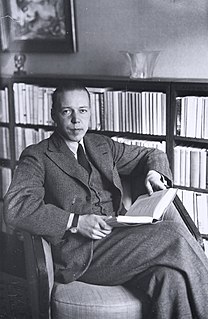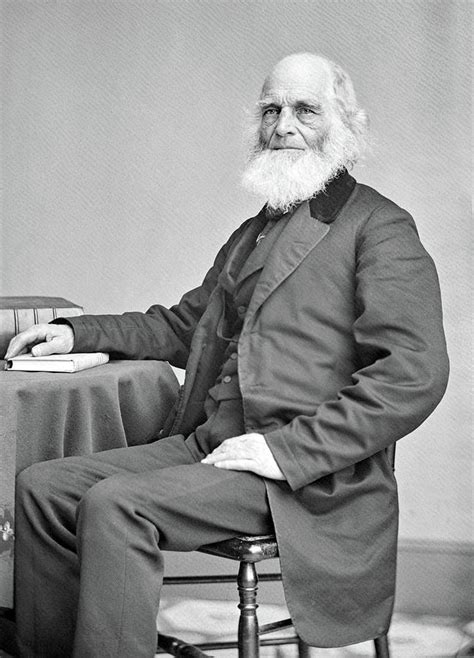A Quote by Alfred North Whitehead
Learning preserves the errors of the past, as well as its wisdom. For this reason, dictionaries are public dangers, although they are necessities.
Related Quotes
The study of the errors into which great minds have fallen in the pursuit of truth can never be uninstructive. . . No man is so wise but that he may learn some wisdom from his past errors, either of thought or action, and no society has made such advances as to be capable of no improvement from the retrospect of its past folly and credulity.
Without realizing that the past is constantly determining their present actions, they avoid learning anything about their history. They continue to live in their repressed childhood situation, ignoring the fact that is no longer exists, continuing to fear and avoid dangers that, although once real, have not been real for a long time.
Artificial intelligence is just a new tool, one that can be used for good and for bad purposes and one that comes with new dangers and downsides as well. We know already that although machine learning has huge potential, data sets with ingrained biases will produce biased results - garbage in, garbage out.
We ought not to look back, unless it is to derive useful lessons from past errors, and for the purpose of profiting by dear bought experience. To enveigh against things that are past and irremediable, is unpleasing; but to steer clear of the shelves and rocks we have struck upon, is the part of wisdom, equally as incumbent on political as other men, who have their own little bark, or that of others, to navigate through the intricate paths of life, or the trackless ocean, to the haven of security and rest.
Your life is a learning process - you can only become wiser from learning. Sometimes you might have to attract making a painful mistake to learn something important, but after the mistake you have far greater wisdom. Wisdom cannot be bought with money - it can only be acquired through living life. With wisdom comes strength, courage, knowing, and an ever-increasing peace.
Much has seen said of the wisdom of old age. Old age is wise, I grant, for itself, but not wise for the community. It is wise in declining new enterprises, for it has not the power nor the time to execute them; wise in shrinking from difficulty, for it has not the strength to overcome it; wise in avoiding danger, for it lacks the faculty of ready and swift action, by which dangers are parried and converted into advantages. But this is not wisdom for mankind at large, by whom new enterprises must be undertaken, dangers met, and difficulties surmounted.







































